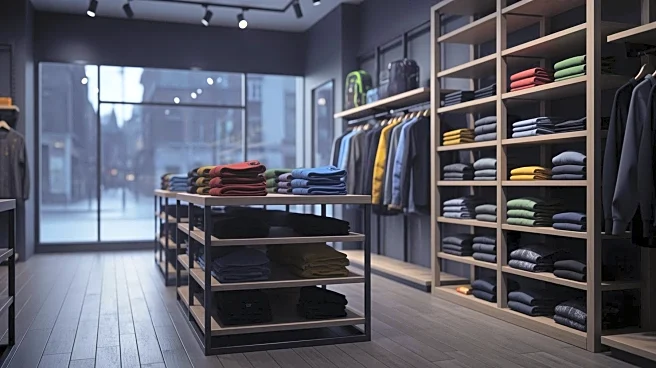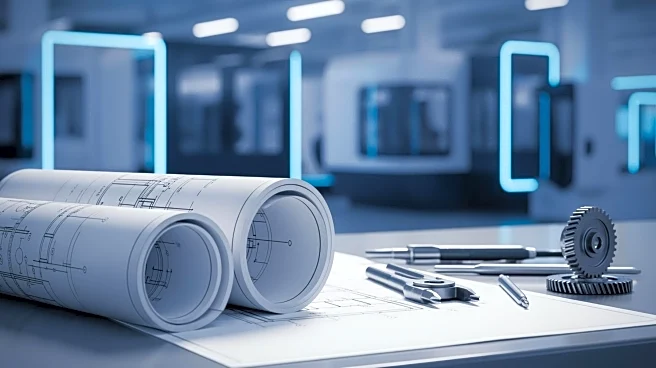What's Happening?
Upcycling clothes has become more than just a sustainability practice—it’s a creative revolution that’s reshaping the fashion world. As we look to 2025, upcycling continues to gain momentum, blending eco-consciousness with innovation and personalization. Upcycling transforms old, worn-out, or unused garments into stylish, functional, and often one-of-a-kind pieces. Unlike recycling, which breaks down materials, upcycling enhances and reimagines them, reducing waste while celebrating creativity. With trends like patchwork, deconstructed denim, and vintage revival leading the way, upcycling is poised to redefine fashion in 2025.
AD
Why It's Important?
The shift towards sustainable living has made upcycling an essential part of the fashion landscape. It empowers individuals to reduce waste, embrace creativity, and wear their values. With trends like patchwork, deconstructed denim, and vintage revival leading the way, upcycling is poised to redefine fashion in 2025. Whether you’re a DIY enthusiast or a conscious consumer, upcycling is a step towards a greener, more stylish future. Join the movement and make a difference—one garment at a time!
What's Next?
As upcycling gains momentum, new trends and innovations continue to emerge. Designers are experimenting with textile recycling technologies and incorporating sustainable materials into their creations. Collaborations between upcycling fashion brands and mainstream fashion labels are becoming more common, raising awareness about the benefits of upcycling and inspiring more consumers to embrace this trend. As the popularity of upcycling grows, it has the potential to significantly reshape the fashion industry by encouraging sustainable practices, driving innovation, and shifting consumer attitudes towards more environmentally responsible choices.
Beyond the Headlines
Upcycling in fashion not only addresses environmental concerns but also supports local communities and small businesses. Many upcycling brands work closely with local artisans and craftspeople, fostering economic growth and promoting ethical production practices. This movement also challenges traditional fashion design, pushing designers to experiment with new materials and techniques, thus fostering innovation and creativity within the industry. By embracing upcycling, consumers can become more conscious of the environmental impacts of their purchasing decisions and contribute to the demand for sustainable fashion options.










